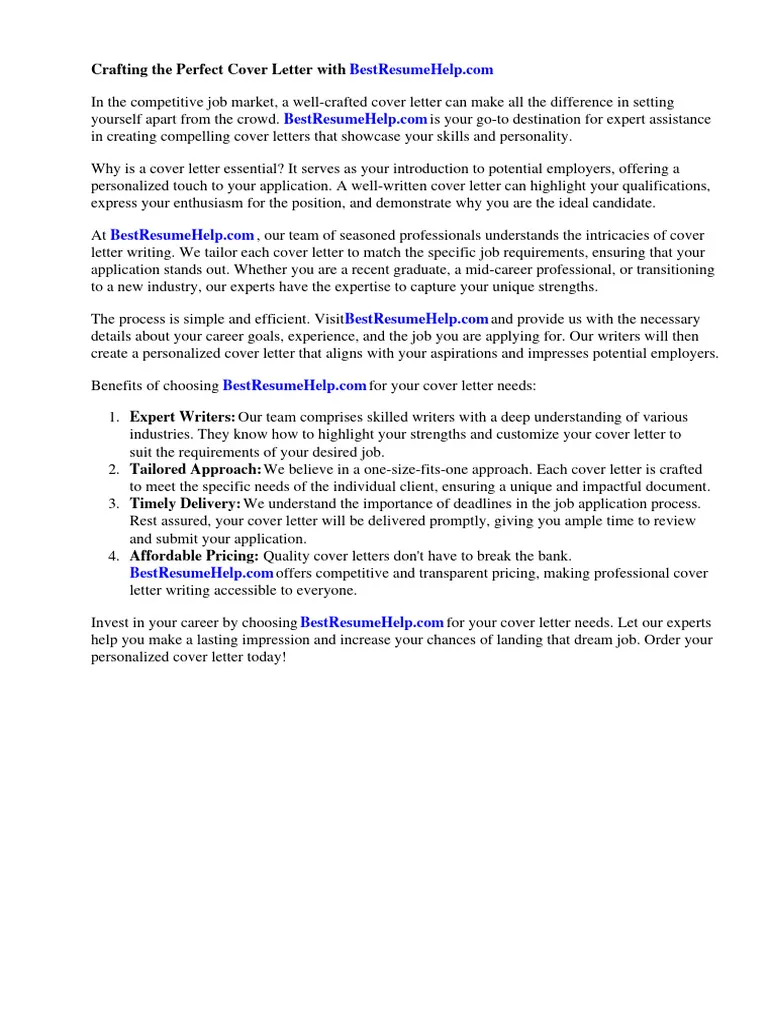Why an Internship Cover Letter Matters
An internship cover letter is your first chance to make a positive impression on a potential employer. It’s more than just a formality; it’s your opportunity to introduce yourself, showcase your interest in the role, and explain why you’re a good fit, even if you lack direct experience. With no prior experience, a well-crafted cover letter becomes even more crucial. It allows you to highlight your potential, demonstrate your enthusiasm, and articulate your skills and knowledge in a compelling way. A strong cover letter sets the stage for a successful application and can significantly increase your chances of securing an interview. It’s your personal marketing document, designed to grab the reader’s attention and convince them to learn more about you. Furthermore, it gives you a space to address any gaps in your experience by explaining how your skills align with the internship’s requirements. Don’t underestimate the impact of a well-written cover letter; it can be the key to unlocking your dream internship.
Highlighting Your Skills Even With No Experience
The absence of professional experience doesn’t mean you have nothing to offer. Focus on transferable skills—abilities that are applicable across various roles and industries. Think about skills you’ve gained through academics, extracurricular activities, volunteer work, or personal projects. Consider how these skills align with the requirements of the internship. For instance, if the internship requires strong communication skills, highlight your experience in public speaking, leading team projects, or writing reports. If teamwork is essential, describe your participation in group projects or team sports. The key is to translate your experiences into relevant skills. By emphasizing what you can do, rather than what you haven’t done, you show employers that you’re capable of learning and contributing. Your cover letter should demonstrate your potential to succeed and your eagerness to develop new skills. Quantify your achievements whenever possible; for example, if you managed a project, mention the number of people you led or the project’s outcome.
Transferable Skills You Already Have
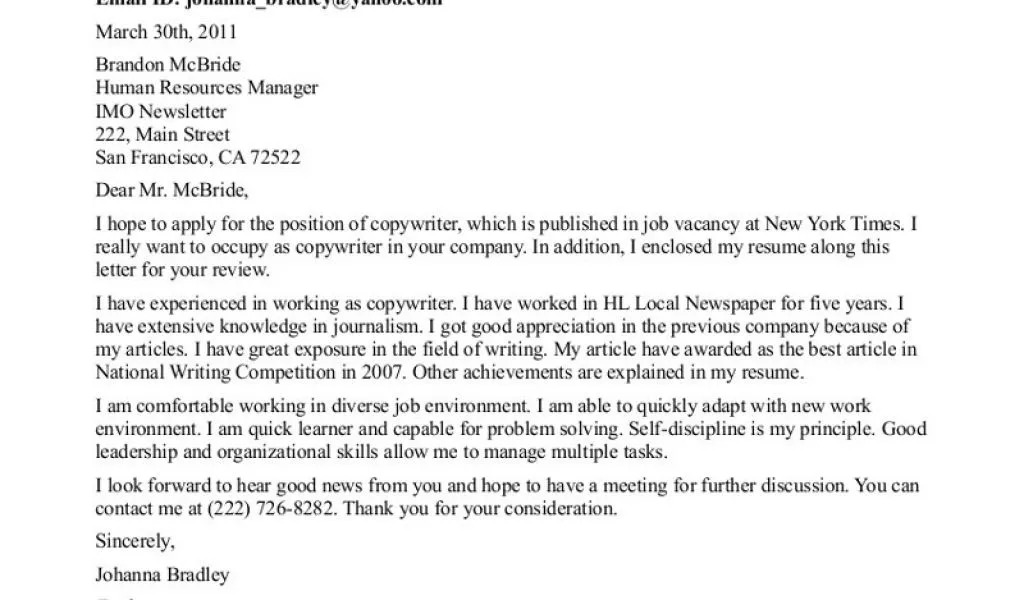
Transferable skills are those abilities that can be applied in various job roles, not just specific to prior job experiences. These are the talents you’ve honed through different activities like school projects, volunteering, sports, hobbies, or any other engagements. By focusing on these, you can convince employers that your skills are suitable for the internship. Think about how you approach challenges, solve problems, work in teams, or manage your time. These general skills are often more important than specific technical expertise, especially for internships. Your cover letter can be a perfect place to show examples of your abilities, providing proof of your qualifications. Don’t just list the skills; explain the situations in which you used them and what the outcomes were. This will make your claims more credible and appealing to potential employers. It proves you’re able to pick up on new skills quickly.
Examples of Transferable Skills
Here are some common examples of transferable skills to consider including in your cover letter:
Communication Skills: This includes written and verbal communication, active listening, and presentation skills. For example, if you’ve given a presentation in a class or written a compelling essay.
Teamwork: Demonstrate your ability to work effectively with others. Share instances where you collaborated on a project or participated in a team sport.
Problem-solving: Highlight your skills in analyzing situations and finding solutions. This could be from tackling a complex homework assignment or addressing an issue in a club or organization.
Time Management: Showcase your organizational skills and ability to meet deadlines. Mention how you balance multiple commitments, such as school, part-time jobs, and extracurriculars.
Leadership: If you’ve held a leadership position in a club or group, describe your experience leading others and achieving common goals.
Adaptability: Show your capacity to adjust to new situations. Mention any instances where you’ve had to learn quickly or cope with unexpected challenges.
Showcasing Your Education and Coursework
Your educational background and coursework are vital in highlighting your abilities. Mention relevant courses that align with the internship requirements. If the internship involves data analysis, describe any courses you’ve taken in statistics or data science. If the role requires writing skills, highlight courses in English, communication, or journalism. Briefly explain what you learned in those courses and how they have prepared you for the internship. If you have completed any relevant projects as part of your coursework, be sure to include them. These projects demonstrate your practical skills and ability to apply your knowledge. Consider mentioning your GPA if it is impressive, and also include any honors or awards you’ve received. Demonstrating your commitment to learning and your academic achievements can strongly support your candidacy, particularly when lacking professional experience. Remember to keep it concise; focus on the information that is most applicable to the internship role, ensuring that your education provides direct value to the position.
Mentioning Relevant Projects and Activities
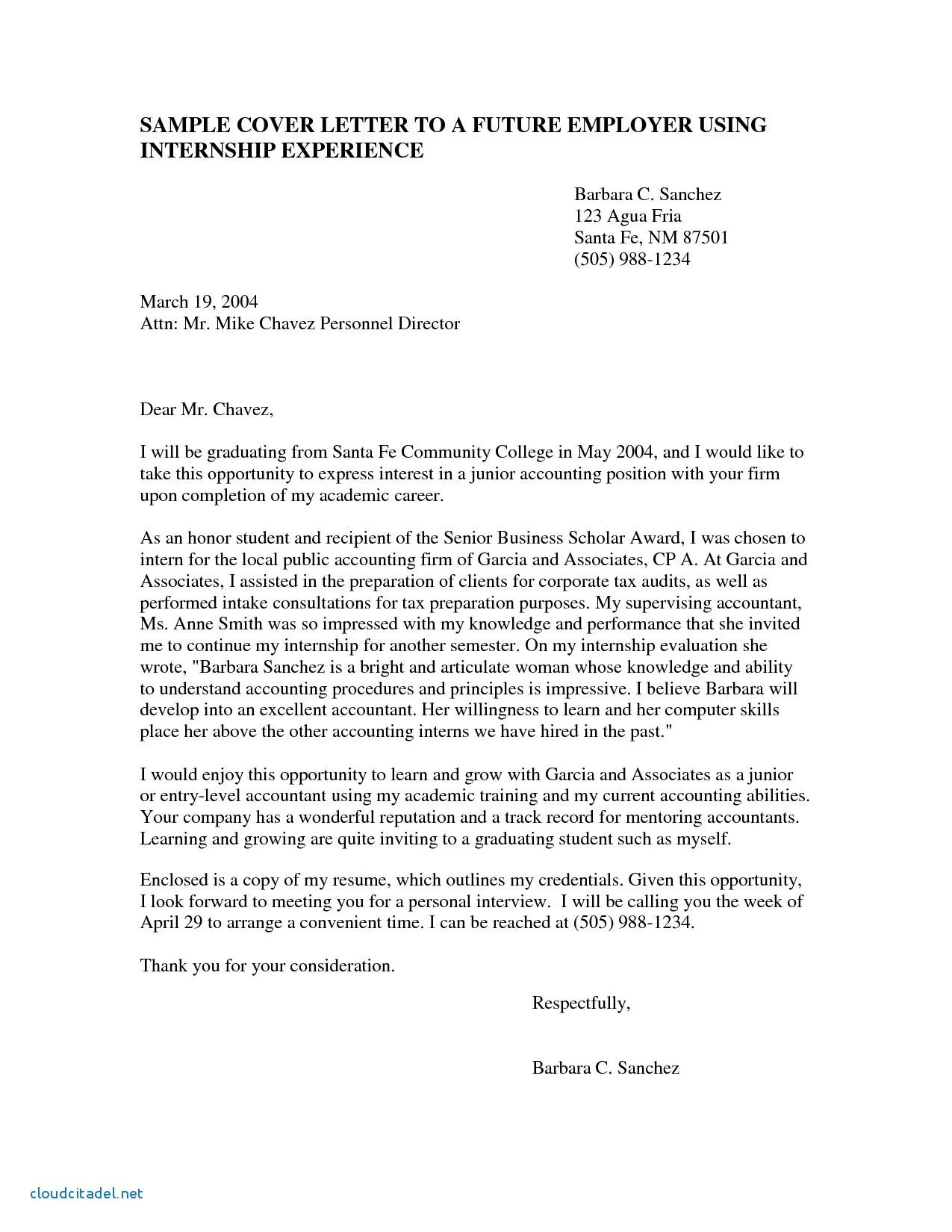
Projects and activities outside of formal employment can greatly strengthen your application. These experiences often provide valuable skill-building opportunities, showcasing your initiative and dedication. If you have undertaken any independent projects, whether related to your field of study or a personal interest, make sure to include them. Describe your role, the challenges you faced, and the outcomes. Similarly, highlight any relevant activities, such as participating in hackathons, building websites, or creating content for a blog or social media. These activities demonstrate your passion for your field and your willingness to go above and beyond. Be sure to explain the skills you developed and how they align with the internship’s requirements. Quantify your achievements whenever possible. Did you increase engagement on your blog? Did your project save time or resources? Providing concrete examples makes your application more compelling and shows potential employers the value you can bring.
Highlighting Extracurricular Activities and Volunteering
Extracurricular activities and volunteer work provide a rich source of experiences to draw upon in your cover letter. These activities show you are well-rounded, engaged, and possess skills that are transferable to the workplace. If you’ve participated in clubs, sports, or student government, describe your involvement and the skills you developed, such as teamwork, leadership, and communication. Volunteer work is also highly valued, demonstrating your commitment to helping others and contributing to the community. Highlight your role, the responsibilities you took on, and any achievements you made. Even seemingly unrelated activities can be relevant. For example, if you volunteered at an event, mention the organizational skills, problem-solving abilities, and customer service skills you used. When describing these activities, focus on what you learned and the impact you made. This will not only enrich your cover letter but also give the potential employer a better sense of who you are and what you can bring to the table.
Demonstrating Your Enthusiasm and Interest
Expressing genuine enthusiasm for the internship and the company is essential. Show that you’ve researched the company and understand its mission, values, and goals. Explain why you are specifically interested in this role and what you hope to gain from the experience. Personalize your cover letter to demonstrate that you have a deep understanding of the industry and the specific role. This shows you are not just sending a generic application but are genuinely invested in the opportunity. Mentioning something specific about the company, such as a recent project or initiative, can also help demonstrate your interest. Tailor your letter to align with the company’s values, and explain how your skills and aspirations align with their mission. Enthusiasm can be a powerful differentiator, showing that you are passionate about the field and motivated to learn and contribute. Make sure to show the potential employer that you’re excited about the chance to contribute to their team.
Researching the Company and the Role
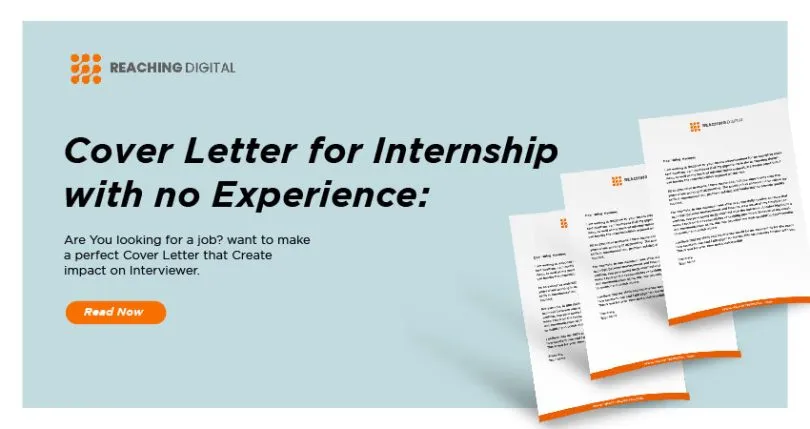
Before writing your cover letter, take the time to thoroughly research the company and the internship role. Understand the company’s mission, values, and culture. Explore their website, social media profiles, and any recent news or press releases. Knowing their current projects, recent successes, or initiatives will help you tailor your cover letter to demonstrate your knowledge and interest. Examine the job description carefully to identify the key requirements and expectations. Make a list of the skills and experiences they are seeking. Then, consider how your own skills and experiences align with these requirements, and highlight them in your cover letter. By researching the company and the role, you can demonstrate that you are a proactive and thoughtful candidate. This shows employers that you are serious about the opportunity and have a clear understanding of what is expected of you. Moreover, it allows you to write a more personalized and compelling cover letter that will stand out from the competition.
Tailoring Your Letter to the Internship
A generic cover letter is unlikely to make a strong impression. Tailor each cover letter to the specific internship you are applying for. Customize your letter to match the specific requirements, the company’s culture, and the role’s responsibilities. This will demonstrate your genuine interest and attention to detail. Refer to the job description and highlight the relevant skills and experiences. Use the same language and keywords that the employer uses. Address the specific needs of the company and explain how your skills and experiences can benefit them. Avoid using a template, or at least customize it heavily to avoid the appearance of a generic application. Personalize your cover letter by mentioning specific projects or initiatives the company is involved in, and explain why they resonate with you. Proofread your cover letter carefully to ensure it is free of errors and well-suited to the specific role. Tailoring your cover letter shows the potential employer that you have put in the effort, and that you truly want the internship.
Keywords to Use in Your Cover Letter
Keywords are essential to ensure that your cover letter captures the attention of the hiring manager. Review the job description and note the key skills, qualifications, and experience the company seeks. Integrate those keywords naturally into your cover letter to demonstrate your suitability. Consider using keywords related to skills, such as “communication,” “teamwork,” “problem-solving,” and “leadership.” Also, include keywords that describe your educational background and relevant projects. When highlighting your transferable skills, use the same language as the job description. For example, if the description emphasizes “project management skills,” make sure to include that phrase in your letter. Be authentic and make sure the keywords truly represent your abilities. Overusing keywords or using them in a way that feels unnatural can detract from your application. The aim is to make your letter as relevant to the internship as possible, not simply to stuff it with keywords.
Formatting and Structure for Impact
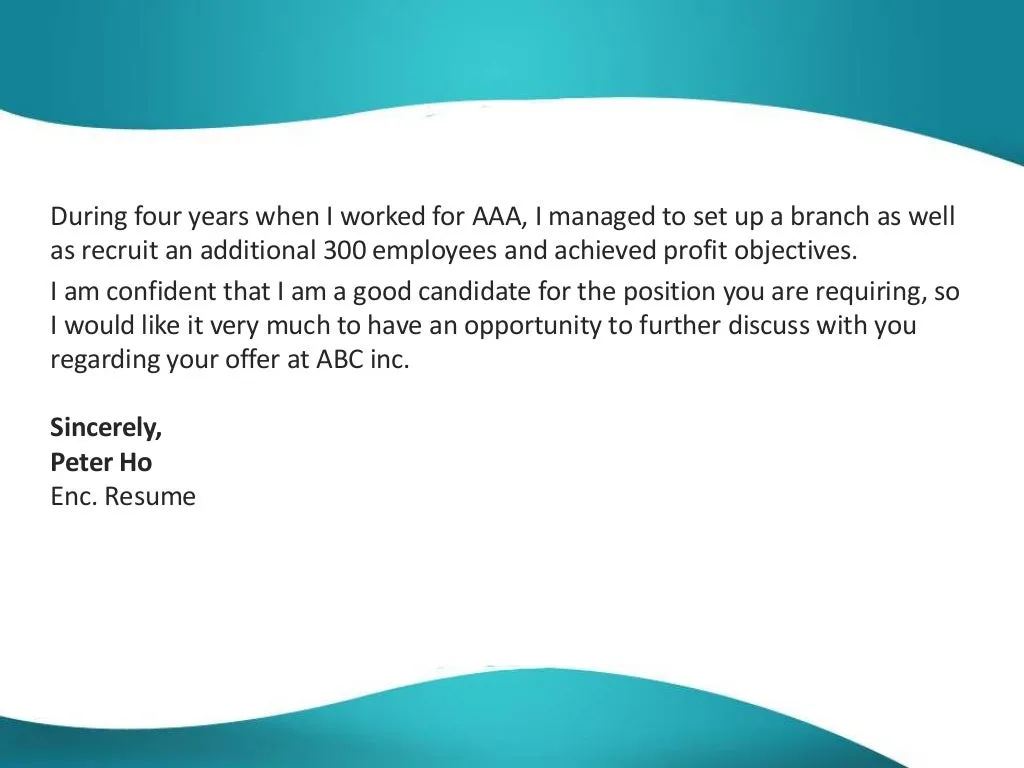
The format and structure of your cover letter contribute greatly to its impact. Keep your letter concise, typically one page in length, and use a professional font, such as Times New Roman, Arial, or Calibri. Use clear formatting, including consistent spacing and proper paragraphing. Ensure that your letter has a well-defined structure, with a clear introduction, body paragraphs, and a concise conclusion. In your opening paragraph, state the specific internship you’re applying for and express your interest. The body paragraphs should highlight your skills, experiences, and how they align with the internship’s requirements. Use bullet points to list your skills or achievements to make the information easy to read. In your closing paragraph, reiterate your enthusiasm and include a call to action, such as requesting an interview. Ensure your contact information, including your email address and phone number, is clearly displayed. A well-formatted and structured cover letter is easier to read, more professional, and more likely to leave a positive impression. Keep it clean and easy to scan, highlighting the most important information about you.
Opening and Closing Your Cover Letter Effectively
The opening and closing paragraphs of your cover letter are crucial. Your opening should immediately grab the reader’s attention. Start by clearly stating the internship you’re applying for and how you learned about it. Express your enthusiasm for the opportunity and the company. You can also mention a specific skill or experience that makes you a strong candidate. Your closing paragraph should reiterate your interest, summarize why you’re a good fit, and include a call to action. For example, state that you are eager to discuss your qualifications in an interview. Thank the hiring manager for their time and consideration. Proofread your opening and closing paragraphs carefully, as these sections will have a strong impact. Make them compelling, concise, and tailored to the specific internship. A strong opening grabs attention, and a strong closing makes a lasting impression and encourages the reader to take action.
Proofreading and Editing for Perfection
Before submitting your cover letter, thoroughly proofread and edit it. Errors in grammar, spelling, and punctuation can undermine your credibility and negatively affect your application. Read your letter multiple times, paying close attention to detail. Use a spell checker and grammar checker, but don’t rely on these tools entirely. Proofread aloud to catch any awkward phrasing or sentence structures. Ask a friend, family member, or career advisor to review your cover letter for you. Getting a second opinion can help you identify any errors or areas for improvement. Ensure your cover letter flows logically and the tone is professional and enthusiastic. Make sure you’re using the correct names and titles of the hiring manager and the company. A polished, error-free cover letter shows that you pay attention to detail and are committed to presenting yourself in the best possible light. This can greatly improve your chances of securing an interview and landing your dream internship.
